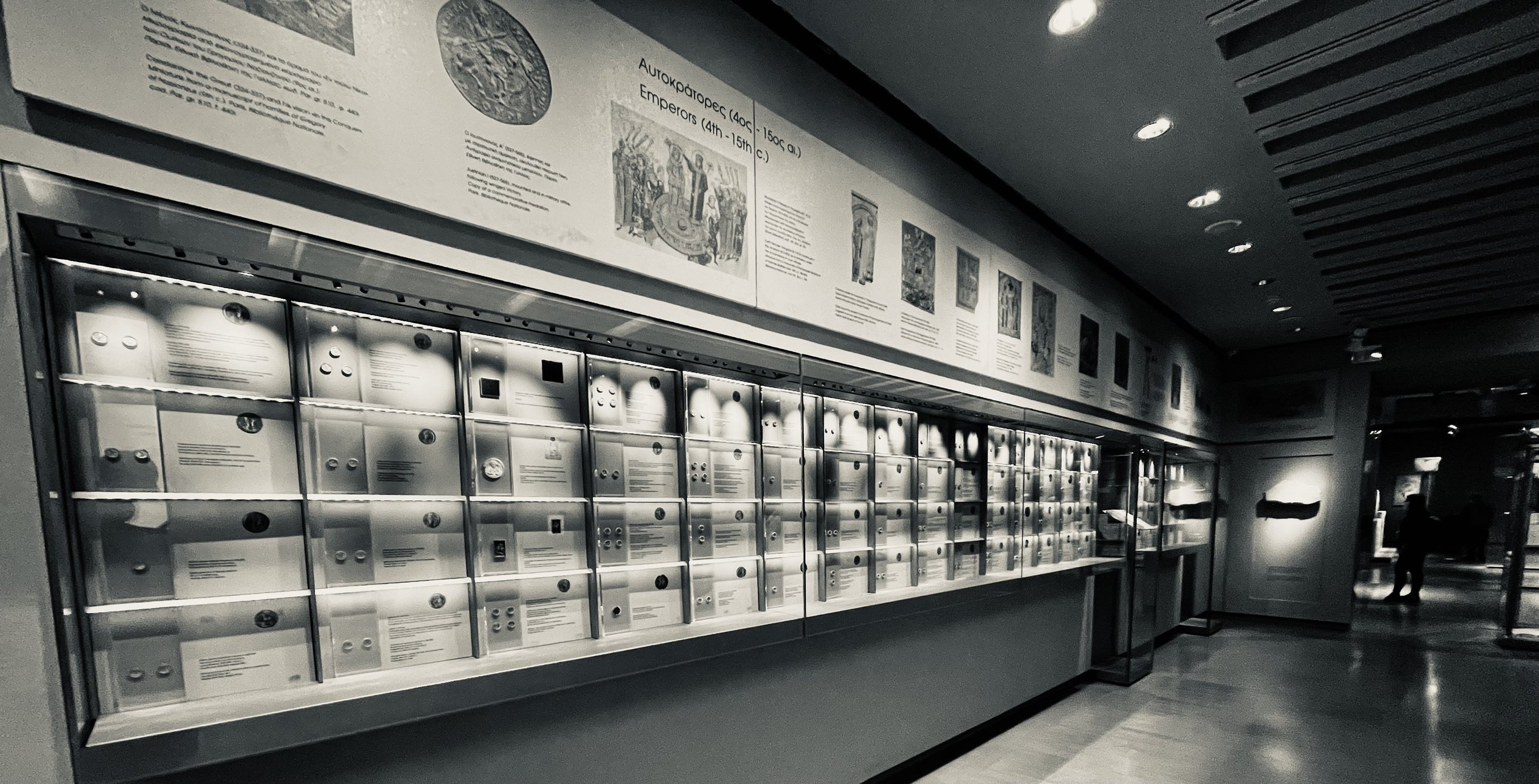New-ish Beginnings
Happy New Year! As we enter 2025, I thought I would pollute the internet with another blog post about resolutions and goals: I made none. As we all know, I am not a regular blogger despite my best efforts, and as much as I would like to say I will improve on this front in 2025, I feel it will be the same-old,same-old. That said, I did start a new position at Acadia University in Wolfville, Nova Scotia. I am very excited to join this community and begin a new journey in my academic career. I am still at Carleton University, trying to finish my PhD. So, before I write about my projects this year, I would like to extend my deepest gratitude to the History department faculty, especially my supervisor, Dr. Shawn Graham, for their guidance, encouragement and support over the last three and a half years. This post is a beginning point for documenting all the projects and research I participate in and getting my head straight. So, here I go.
Acadia University
I am teaching an Intro to Roman Civ course this winter. This is a combined effort with Dr. Natalie Swain, who is fast becoming my pedagogical and all-things nerdy bestie — That’s not awkward to say aloud. Anyway, we want to give the students in both sections that we teach a more holistic approach to learning the ancient world. Through experiential learning modalities, we encourage our students to learn about the Roman world through coin design (surprise, surprise) and hands-on assignments such as making Roman bread, makeup, jewellery, and wax tablets. We bring combined literary (Dr. Swain) and archaeological (me) perspectives to our classes. We shall see how it goes.
Dissertation
“Byzantine” coins at the Byzantine and Christian Museum, Athens. Photo Credit: Scott Coleman.
My main task this semester is to get some writing done for my dissertation. I am doing an integrated thesis, which consists of three articles to be published in peer-reviewed journals and an open-access digital notebook via Obsidian.md that will contain all of my research notes, including my introduction and concluding chapters for the integrated thesis. My proposal, which will also be accessible via Rogue History Notes, will be freely available for all to read. Go to the RH Notes Tab to access my digital notebook.
Like many notebooks, RH notes will be messy and incoherent at times. But that is how ideas percolate. They are written haphazardly, well, at least for me, only to be revisited a day, a week, a month, a year later. The RH notes site will be live in the coming days. I need to fine-tune a few things first, primarily the landing page. To be honest, I have been terrified to release the page into the digital world because my thoughts and ideas are so over the map. But after some contemplation, in order for you, the reader, to understand the final product, you need to see how that product has fermented and grown into its final form. If I give you a polished notebook, what is the point? To understand how scholarly ideas develop into a final monograph, dissertation or, in this case, an integrated thesis, you need to experience the journey.
3. Inhabiting Byzantine Athens
Photo Credit: Scott Coleman.
This project, unfortunately, has been on the back burner since I left Athens at the end of June last year. However, as it is part of my dissertation, I will be addressing some of the data collected over the coming weeks and months. My primary focus is simply (ha!) cleaning the data collected from the last field season and inputting it into a data repository, ie. Obsidian, and possibly datasette.io. I don’t have too much more to say about this. I need to do more research and think about the project as a whole.
4. Unknown Ottawa
Photo from: https://vacancesdragon.com/en/VT/Detail/4/ottawa-1-day altered by Scott Coleman.
Unknown Ottawa is a new joint project with the National Capital Commission (NCC), which I joined last October. It focuses on promoting and disseminating archaeological material culture from pre-contact Ottawa to approximately 1900 CE. For my part, I am working on the digital front and back end of the project, as well as data input utilizing Borealis cloud services and Omeka S for public dissemination. Borealis is a GitHub-style repository developed in Canada, while Omeka provides the tools to present said data publicly. This explanation is overly simplistic, but I hope you get the general idea. The goal is to promote community outreach and engagement.
I have other projects that need attending, in particular, the Speculative Futures edited volume, which is a compilation of articles presented at the Xlab-Confab back in early 2024. My hope is to do my part in the editing process finally. I need to dedicate a day to this project each week or, I feel, that something else “more important” will push it to the side. This is unfair to those who contributed and are waiting on publication. Get your shit together, Scott!!! I think that’s it for now.




